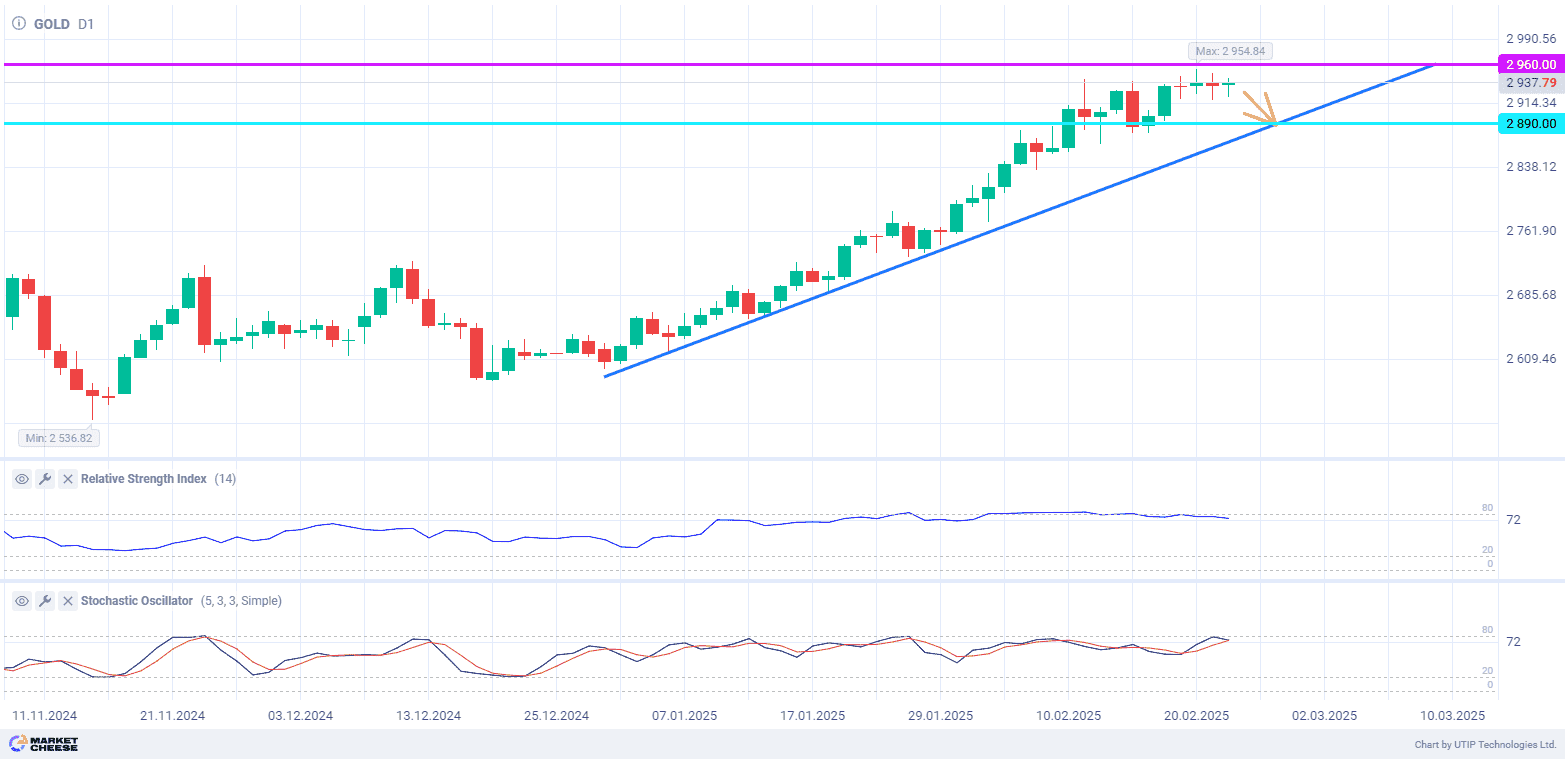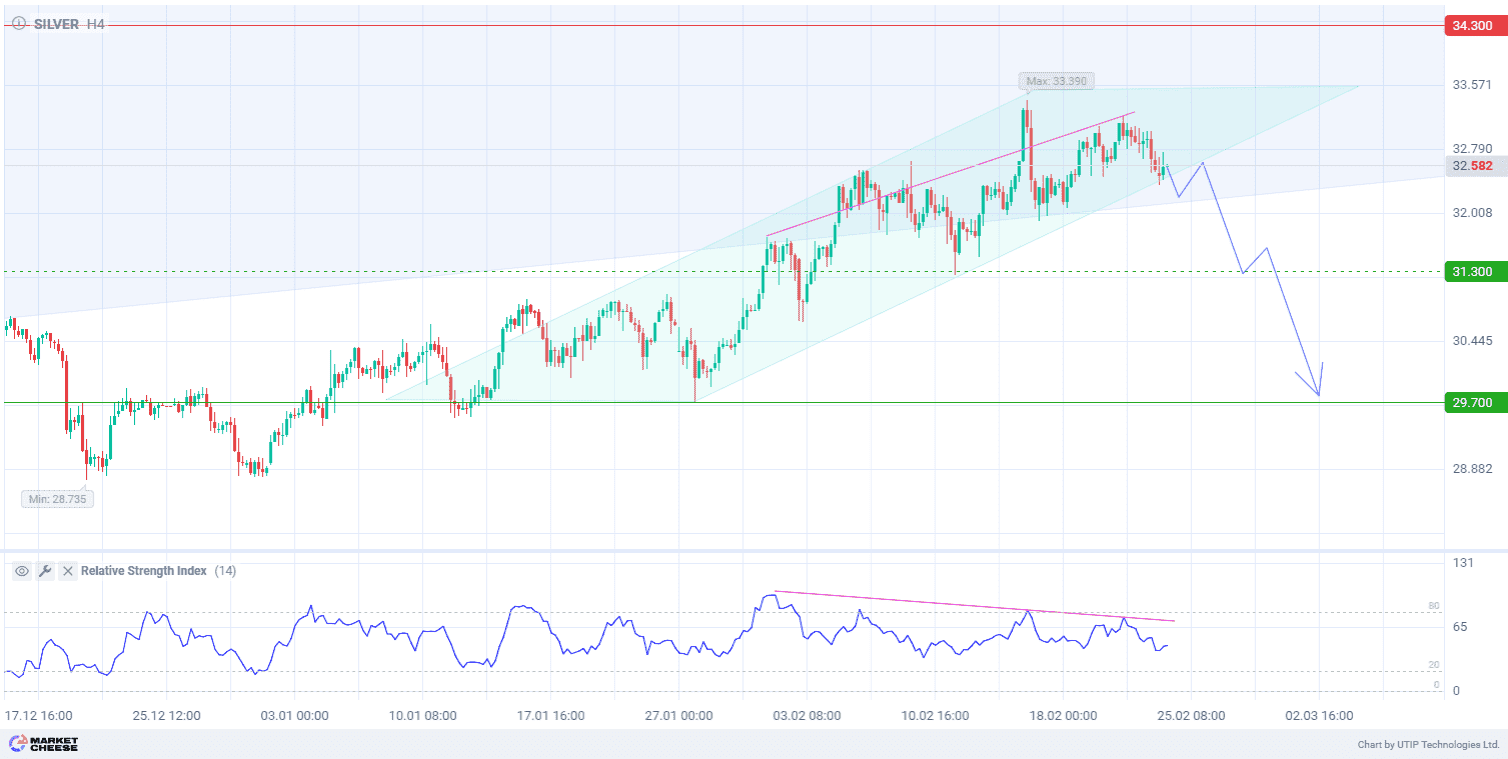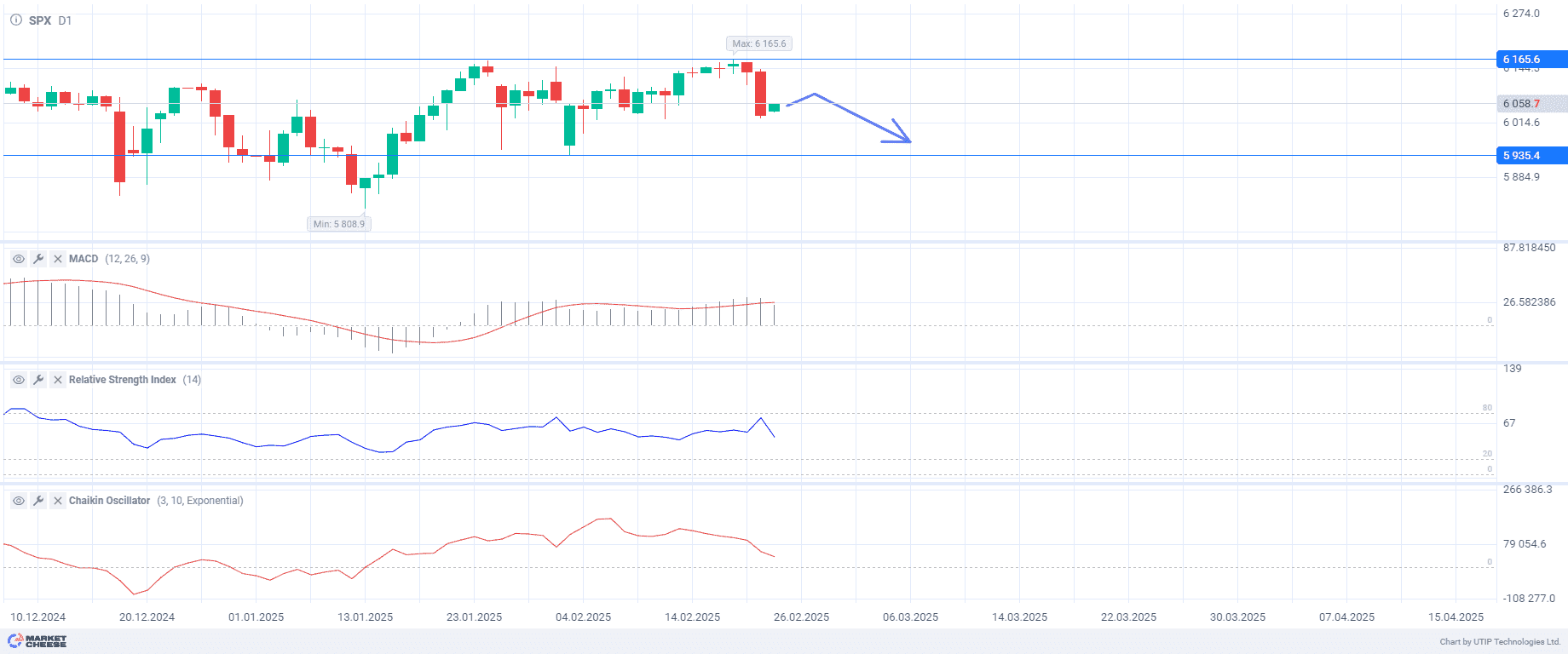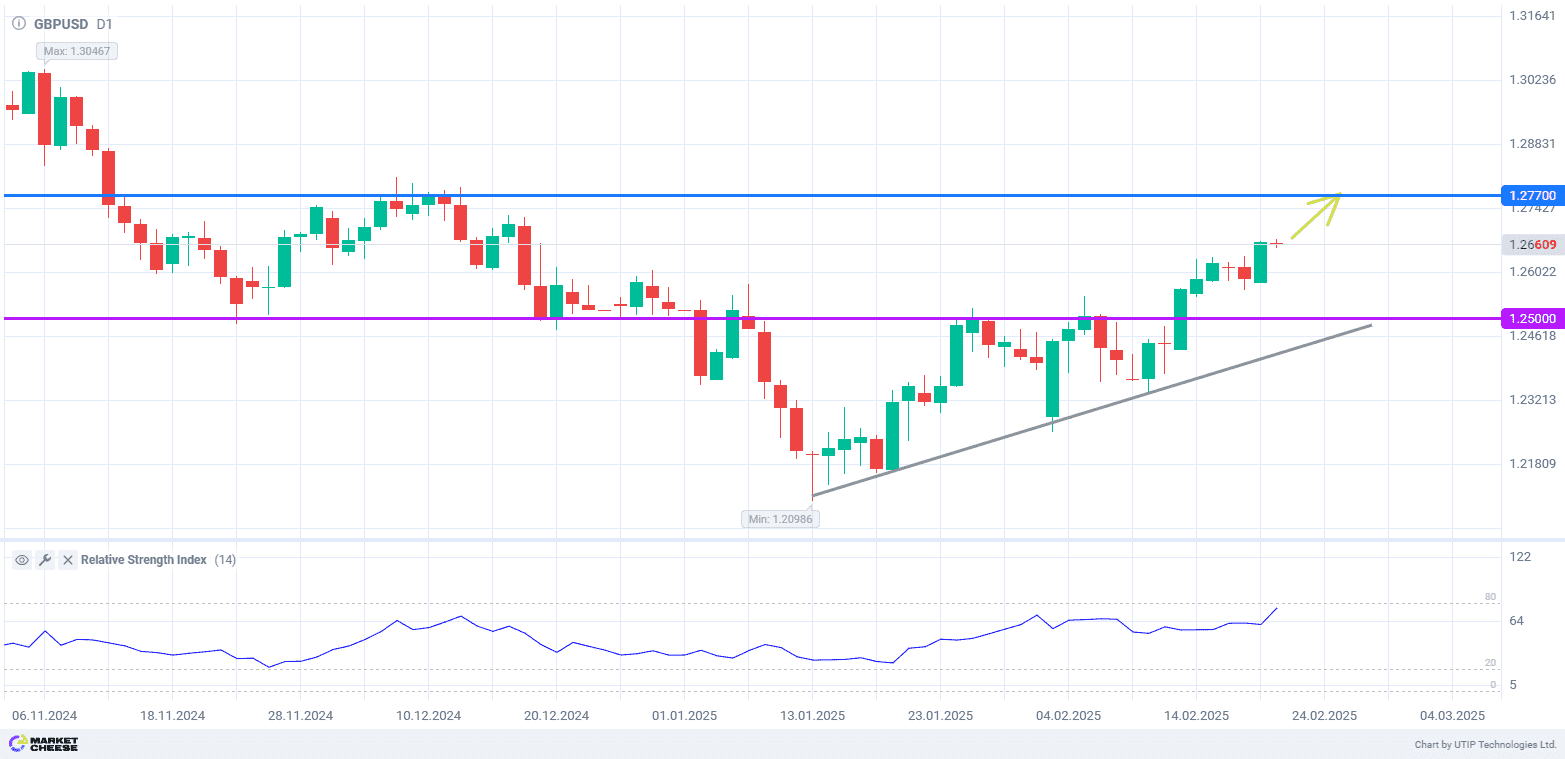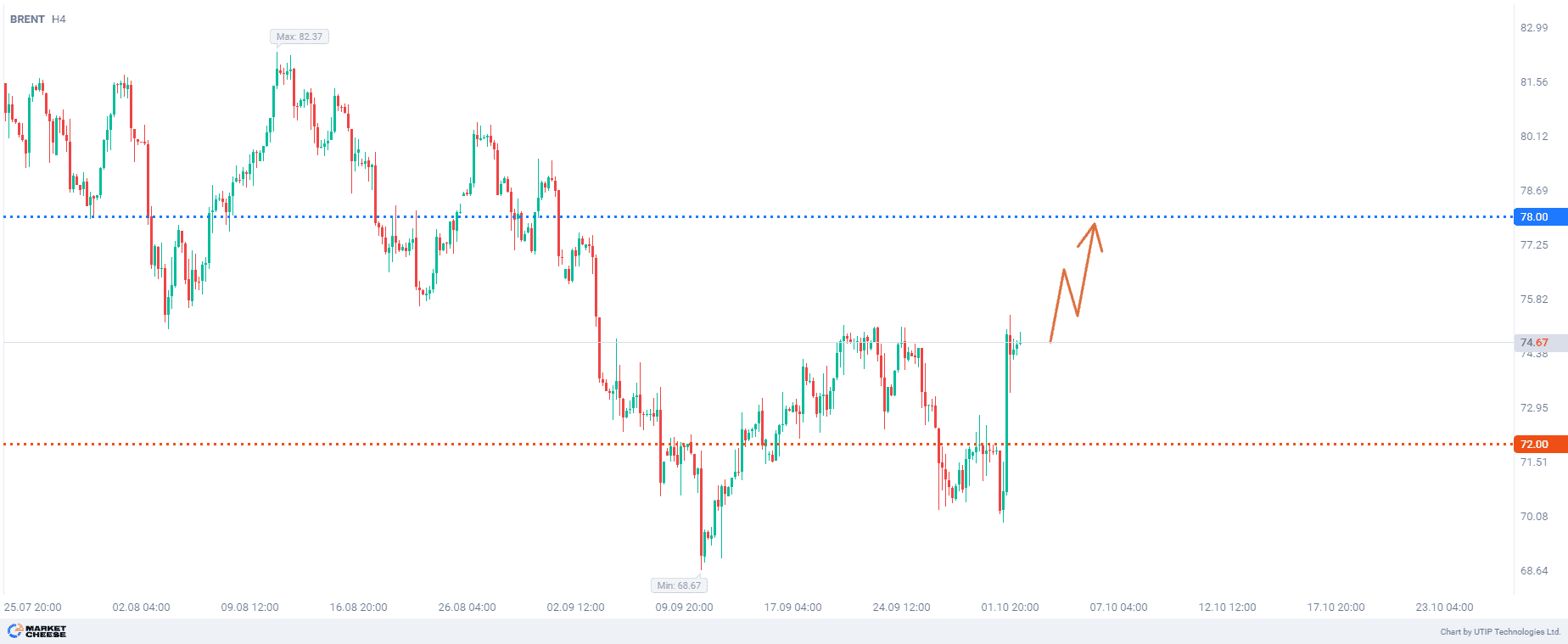
Today, oil prices are experiencing strong upward pressure due to growing concerns that tensions in the Middle East could escalate and disrupt crude oil production in the region.
It should be kept in mind, however, that oil markets are primarily focused on the deteriorating outlook for the global economy, dampening fuel demand.
Nevertheless, the scales have quickly tipped towards fears of disruptions in Middle East oil supplies following today’s change of situation.
The direct involvement of Iran, an OPEC member, in the current crisis increases the probability of oil supply disruptions. In August, Iran’s oil production rose to a six-year high of 3.7 million barrels per day.
Iran accounts for about 4% of global oil production, and an important question is whether Saudi Arabia will increase production if Iranian supplies are affected.
Top ministers from the Organization of the Petroleum Exporting Countries and Allies, known collectively as OPEC+, will meet later today to discuss the market outlook. No policy changes are expected. OPEC+ is set to increase production by 180,000 barrels a day every month since December.
Meanwhile, the US stockpiles data were mixed: crude oil and distillate inventories declined last week, while gasoline stocks rose, as reported by sources citing data from the American Petroleum Institute.
This week, investors in the oil industry will also keep a close eye on Friday’s US jobless claims data as it could influence the Federal Reserve’s outlook for monetary easing, potentially boosting oil demand over the long term by stimulating overall economic activity.
The final recommendation is to buy Brent oil, provided that the situation in the Middle East keeps escalating.
We fix the position on buying Brent at the level of 78.0. We fix the loss at the level of 72.0.
The volume of the opened position is determined in such a way so that the value of the possible loss, fixed with the help of a protective stop order, does not exceed 2% of the size of the deposit funds.

Source:



